"We have an opportunity for an immediate ceasefire that can bring hostages home, that can dramatically increase the amount of humanitarian assistance getting to Palestinians who so desperately need it, and then also set the conditions for an enduring resolution:" Blinken
As mediators convened in Cairo for a third day in an attempt to bring an end to almost five months of hostilities, the top diplomat for the United States urged Hamas to embrace a plan for a "immediate ceasefire" with Israel on Tuesday.
In a coordinated effort with Egypt and France, US and Jordanian aircraft once more airdropped food supplies into the beleaguered territory of 2.4 million people as starvation poses a threat to the Gazan people.
The health ministry in the Hamas-run area said that another 97 persons had died as a result of bombing and fighting in the conflict that began on October 7; Israel claimed that its planes had hit 50 targets in the last 24 hours.
For a third day, US and Hamas envoys were in Cairo meeting with Egyptian and Qatari mediators to put a stop to the fighting and rescue detainees in time for the start of the Muslim fasting month of Ramadan on March 10 or 11.
Citing an unidentified senior official, Egypt's AlQahera News—which is allied to the nation's security services—stated that the "negotiations are difficult but they are continuing."
A plan for a six-week truce, the exchange of dozens of hostages for hundreds of Palestinian inmates, and expanded supplies into Gaza have been discussed by the parties in Egypt, except Israel thus far.
Hamas was urged by US Secretary of State Antony Blinken to agree to the idea to stop hostilities and let in additional much-needed humanitarian aid.
"We have an opportunity for an immediate ceasefire that can bring hostages home, that can dramatically increase the amount of humanitarian assistance getting to Palestinians who so desperately need it, and then also set the conditions for an enduring resolution," Blinken stated.
"Hamas must decide if it is willing to participate in that ceasefire," the senior US ambassador said while meeting the prime minister of Qatar in Washington.
Aside from the worsening circumstances in Gaza and the impending hunger, Washington has also been criticizing Israel more and more harshly.
At a meeting with Benny Gantz, a moderate political adversary of right-wing Prime Minister Benjamin Netanyahu, on Monday, Vice President Kamala Harris emphasized her "deep concern about the humanitarian conditions in Gaza".
"We desire to survive and eat."
In a cooperative effort with Jordan, American cargo planes airdropped over 36,000 meals into Gaza on Tuesday; according to Jordan, French and Egyptian planes were also involved.
Hunger is "almost inevitable" in the Palestinian area, the UN has warned.
Meanwhile, Israeli media said that because Hamas had not given them a list of the captives still alive, the nation's negotiation delegation had boycotted the Cairo negotiations up to this point.
According to Israel, 31 of the initial 250 hostages have been dead, and it is believed that 130 of them are still in Gaza.
Senior Hamas commander Bassem Naim told AFP on Monday that the prisoners were being detained by "numerous groups in multiple places" and that the party did not know "who among them are alive or dead, killed because of strikes or hunger".
He said that "a ceasefire is necessary" to identify them all.
In a Tuesday speech, Naim stated that an agreement for a ceasefire and hostage release "could happen within days". However, he went on, saying that Netanyahu and his administration "must face enough pressure if the Americans are serious about it."
According to an AFP count based on Israeli government estimates, Hamas launched an attack on southern Israel on October 7 that resulted in around 1,160 casualties, the majority of them civilians. This strike marked the beginning of the conflict.
The health ministry reports that 30,631 individuals, predominantly women and children, have died as a result of Israel's retaliatory onslaught.
Fighting continued in Gaza, with Hamas officials citing scores of Israeli airstrikes close to the European Hospital in Hamad, which is close to Khan Yunis, the largest city in the south.
Residents of Khan Yunis reported finding decaying corpses strewn along streets dotted with demolished residences and businesses.
With burnt palms, Nader Abu Shanab pointed at the debris and said, "We want to eat and live."
"Look around our residences. How am I to blame, alone, defenseless, unemployed individual in this destitute nation?"
"Israel and the UN at odds"
During a humanitarian visit to two hospitals in northern Gaza, the UN World Health Organization said that they had discovered children starving to death.
"Ten children died as a result of the lack of food," stated Tedros Adhanom Ghebreyesus, the head of the WHO.
At least 8,000 Gaza patients, according to a Tuesday WHO estimate, would need to leave the area to receive care, relieving strain on the region's few operational facilities.
Israel called back its ambassador from the UN on Monday in response to accusations of sexual assault during the October attack, escalating tensions between the two countries.
As the UN released a report stating that there were "reasonable grounds to believe" rapes were perpetrated and that captives brought to Gaza had also experienced sexual abuse, Israel criticized the UN for being slow to respond to the charges.
"In most of these incidents, victims first subjected to rape were then killed, and at least two incidents relate to the rape of women's corpses," the study stated.
Israel said just before the publication of the report that it was recalling its envoy, Gilad Erdan, over what it claimed was an attempt by the UN to "silence" Hamas sexual assault complaints.
The spokesperson for UN leader Antonio Guterres denied attempting to censor the report.
Violence has been caused by the conflict throughout the area, with Israeli forces and Lebanon's Hezbollah organization engaging in almost daily gun exchanges.
Israeli Defense Minister Yoav Gallant met with US Ambassador Amos Hochstein in Tel Aviv on Monday after Hochstein called for a diplomatic solution during a visit to Beirut.
Although Gallant "emphasised that Hezbollah's aggression is dragging the parties to a dangerous escalation," his office added that Gallant informed Hochstein that Israel remained committed to the negotiating process.
End//voice7news.tv
A global news agency.




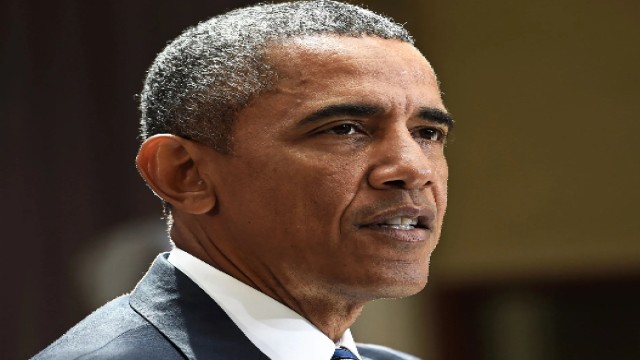
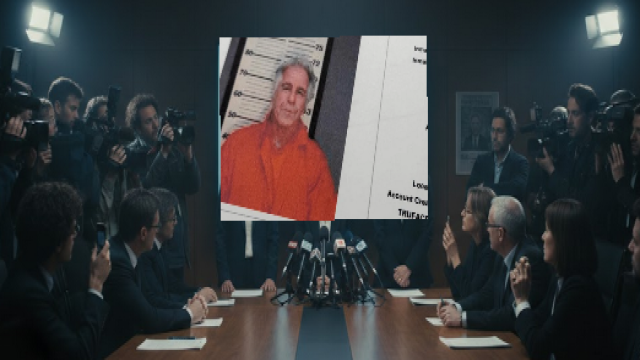
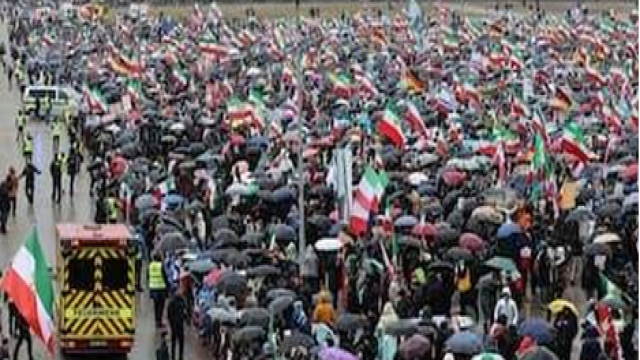


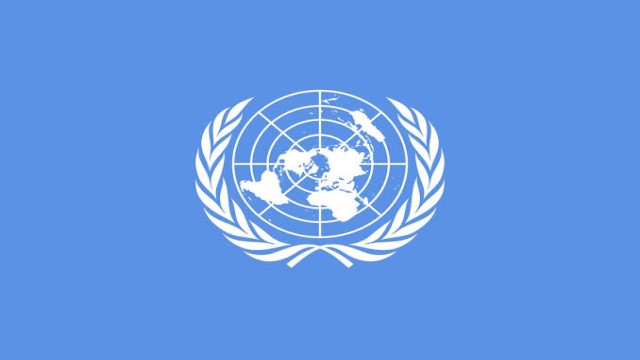

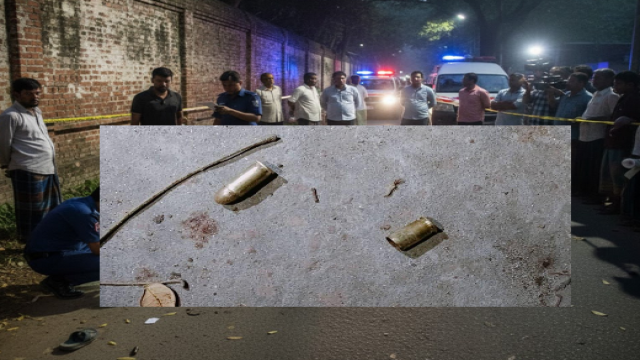
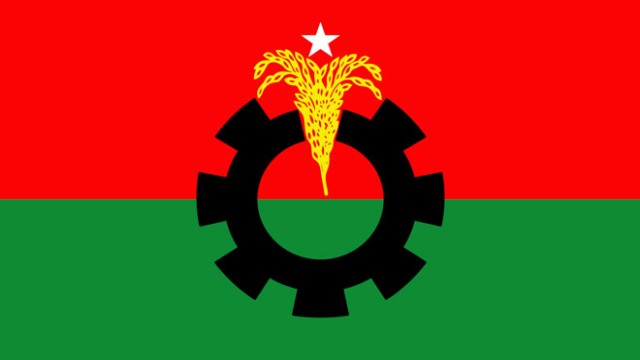




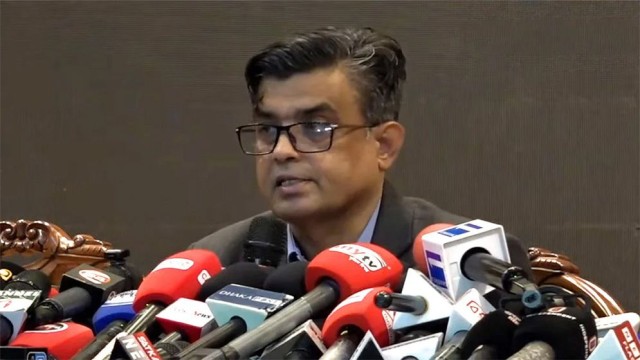












Comment: